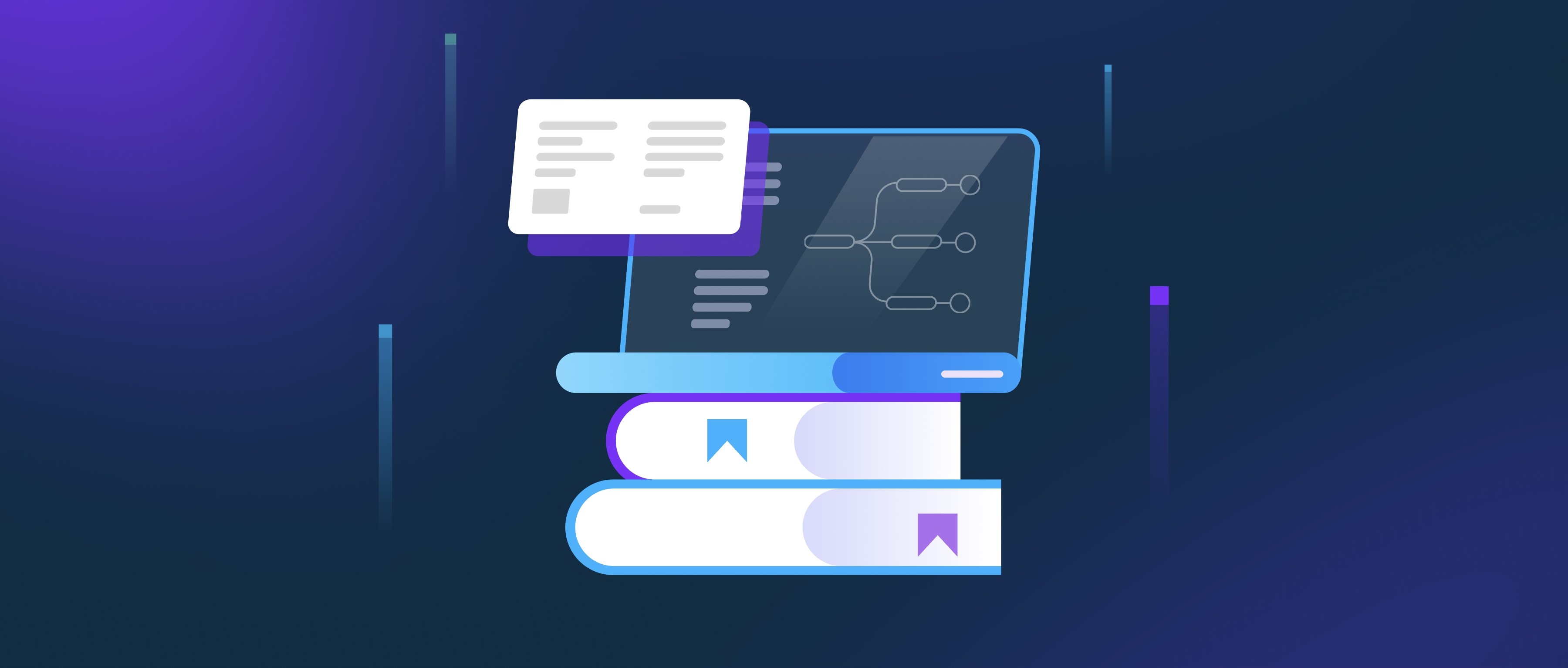Privacy risks with LLMs primarily stem from the data used in their training and operation. If sensitive or personally identifiable information (PII) is included in the training data, the model might inadvertently generate outputs that reveal such details. For example, if an LLM were trained on unredacted customer support logs, it could potentially output sensitive user information when prompted.
Another risk arises during real-time usage, such as in chatbots or APIs. If user inputs are logged without proper safeguards, this data might be misused or leaked. This is particularly concerning in industries like healthcare or finance, where confidentiality is critical.
To mitigate these risks, developers should ensure data anonymization, implement strict data handling policies, and use encryption for data storage and communication. Techniques like differential privacy can also be applied to prevent models from memorizing specific sensitive data, enhancing user trust and security.
